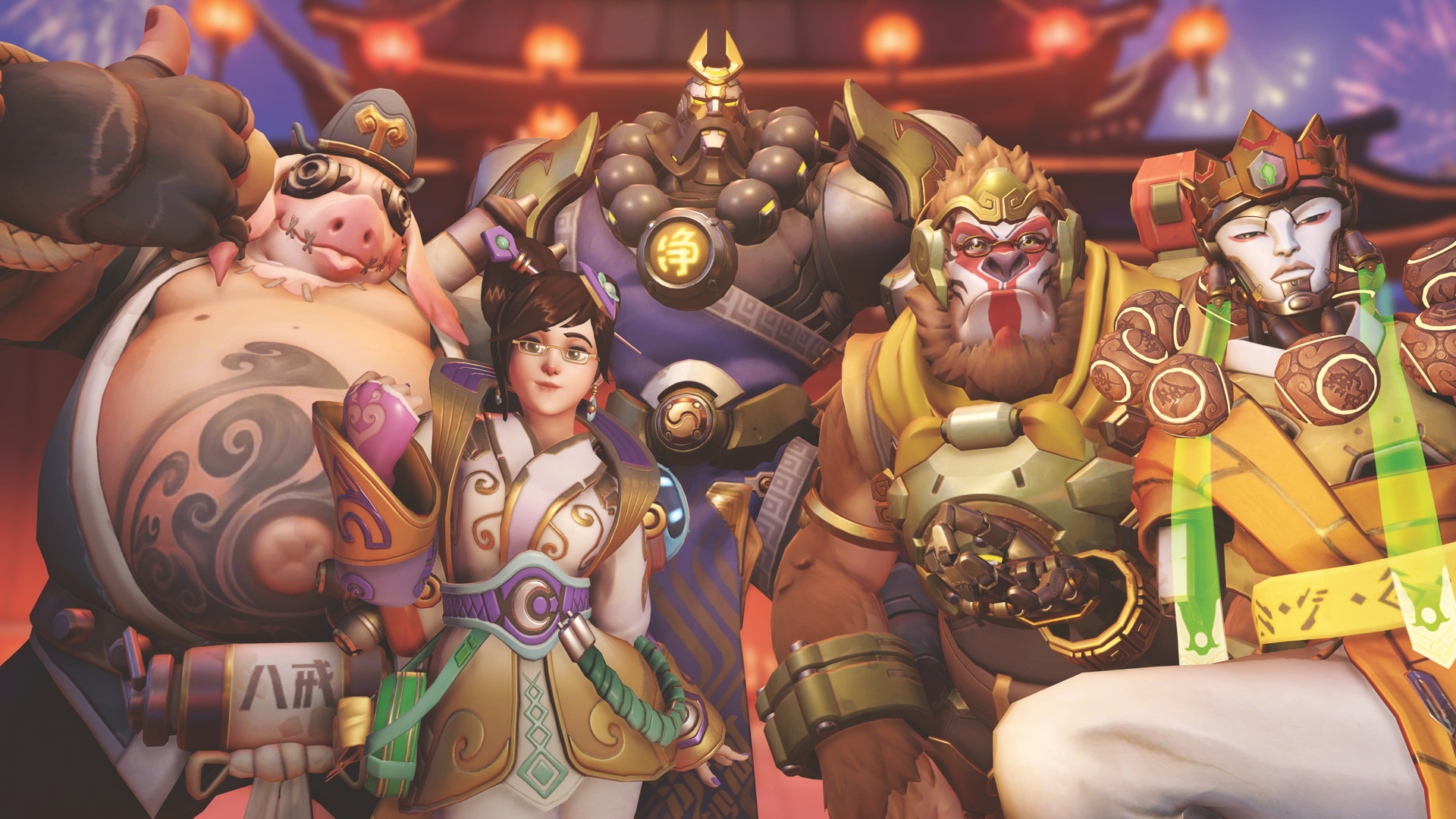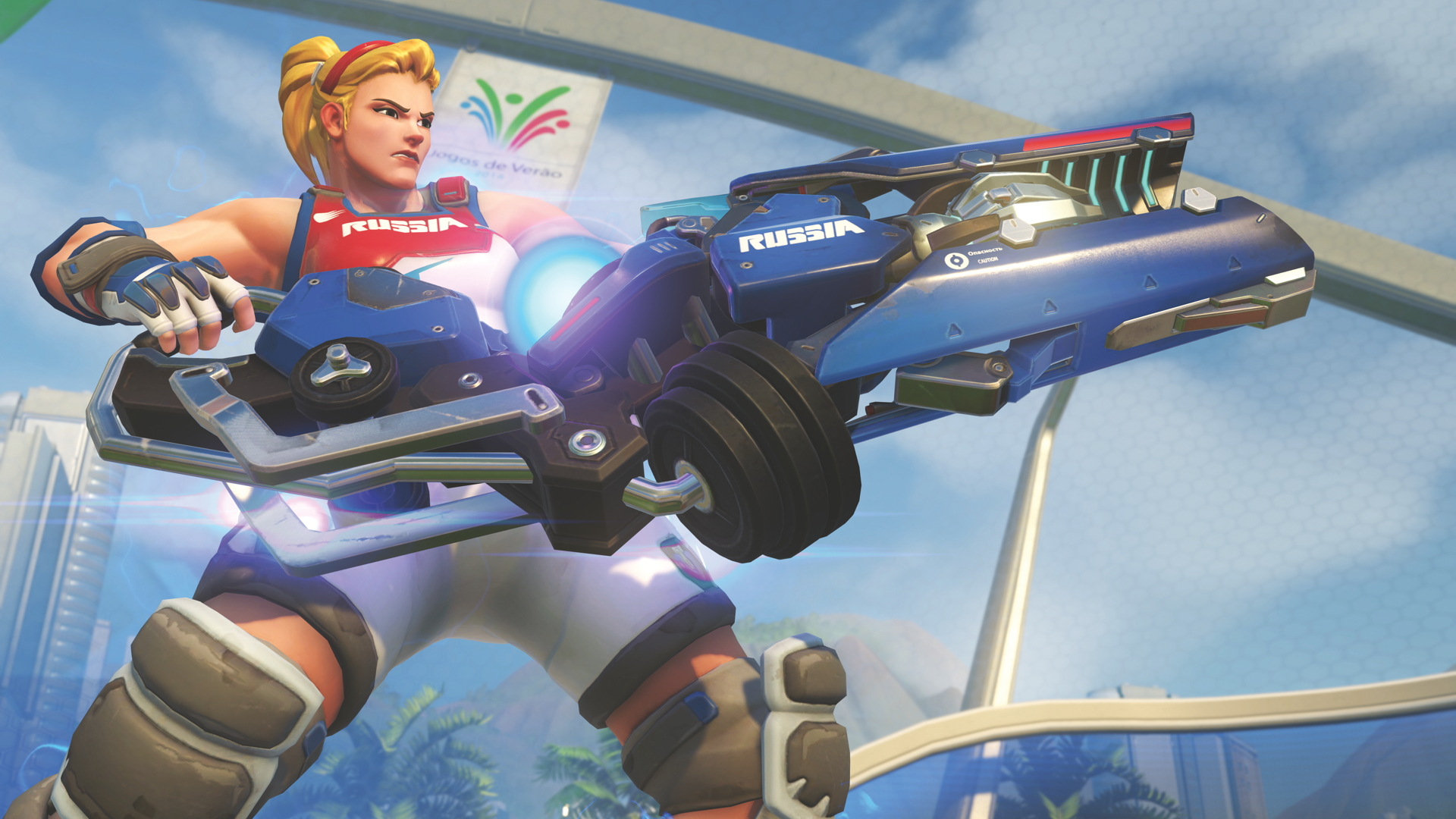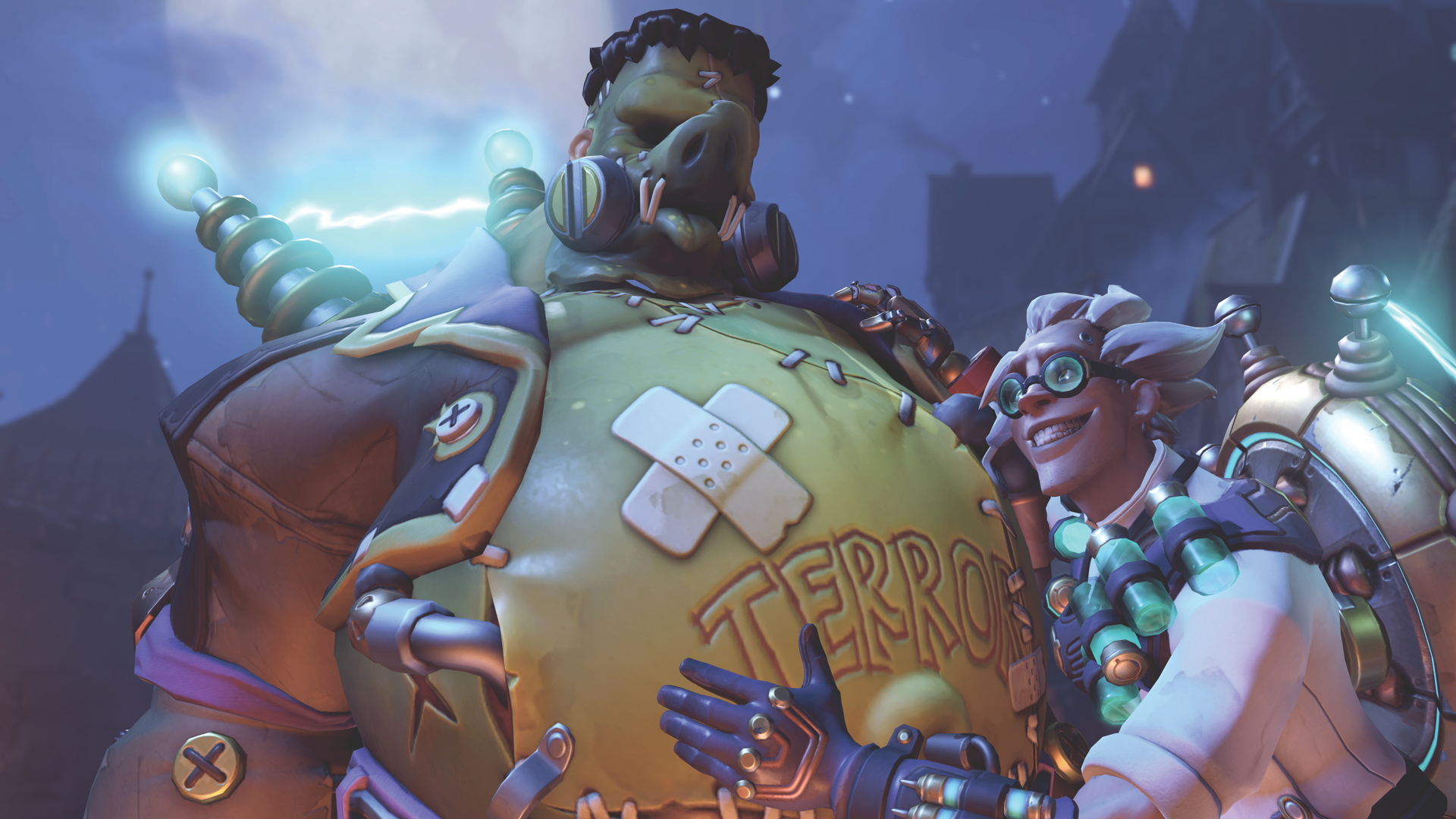Extra content with a twist: the genius behind Overwatch’s special events and their boundless charm

If I had it my way, Overwatch special events would be the only occasions that need marking on the family calendar, but apparently ‘Mum’s Birthday’ is just as important. Unlike content upgrades and DLC releases for similar titles, there is something about the Overwatch events that send a wave of excitement pulsing throughout the community. It could be that these signal the re-emergence of game director Jeff Kaplan for one of his eloquent developer updates, but I believe it is the variety within these events that house a centric function in the standout success of Blizzard’s online shooter.
It has been over a year now since Overwatch first graced our screens and its popularity shows no signs of dwindling. A diverse character roster that offers something for everyone and a creative, engaging combat system has set a strong foundation for the Overwatch team to expand on. Naturally, a string of content expansions was announced on release but no one knew what these were going to be. New characters? Of course. Map additions? Sure. But that should come as expected for any title which intends a modicum of longevity. The trick is ensuring that these events not only provide a timely boost to keep players keen, but make events the part that players crave the most and that is where Blizzard hit the nail on the head.

First off, we had the Summer Games back in August 2016, bringing with it an array of Olympic-centric sprays, emotes and skins to fawn over. Key here, though, was the release of Lúcioball, Overwatch’s own take on Rocket League, but with the RC cars replaced by clones of a Brazilian DJ. It was the first demonstration of a limited-edition event – a shame given the enjoyment me and my friends have gleaned from it, but a smart move from Blizzard. A second season of the Summer Games is just coming to an end. Myself and many others have dived into some competitive matches of Lúcioball 2.0 before it disappears once again – hopefully just for another few months. The Christmas Winter Wonderland event had another limited time offering with Mei’s Snowball offensive, an adorable snow shooter.
Some later additions are such a perfect fit to the Overwatch Arcade library that they have become semi-permanent rotations throughout the year. The most iconic of these being the ‘Capture the Rooster’ mode from the Year of the Rooster event, which followed the classic Capture the Flag format with a sprinkling of Overwatch chaos thrown in for good measure. While not overly impacting the game meta in competitive play, it gave players the chance to bust out some of the lesser-involved yet equally satisfying defense characters that weren’t particularly prominent at the time. A similar result came from the Overwatch Anniversary event, with Lockout mode being added to the classic 3v3 and Mystery Duel modes. This forced players to get to grips with all characters and, as well as offering a new take on existing content, demonstrated just some of the many small ways that the development team rotate the game meta to keep all characters fresh in the long term.

Out of all that has been added since launch, however, it is undoubtedly the PvE events that have been the standout hit. The Halloween Terror event still sticks out prominently thanks to Junkenstein’s Revenge – a four-player Tower Defense mode that tasked players with defending a castle from waves of enemies. Many attempts led to me and my squad screaming and laughing our way through a challenging new take on the standard Overwatch playstyle, albeit one which usually culminated in me never speaking to our Ana again because she seemed more interested in healing the wall. Just one event remains unmentioned and it was arguably the most ambitious of all: the Uprising event. Rather than being centred around a real-world event, Blizzard went for an all-out PvE experience which further expanded the lore of the game by reimagining one of the original Overwatch missions during the Omnic insurgence in King’s Row. Here we also saw that Overwatch could offer a fantastic offline story mode going forward, with character interaction and a deep tactical element to the gameplay. Hint hint, Blizzard.
At this point in time, the game has nearly doubled in size and players haven’t had to pay a penny extra. Of course, it is Overwatch’s entertainment factor as an eSport and general competitive nature that has seen it skyrocket to success, but for me, these events not only offer something contrary to the iconic Overwatch framework, they offer whole new possibilities for what the game can become in the future.
This article originally appeared in Xbox: The Official Magazine. For more great Xbox coverage, you can subscribe here.
Weekly digests, tales from the communities you love, and more


